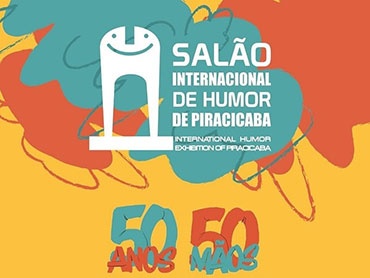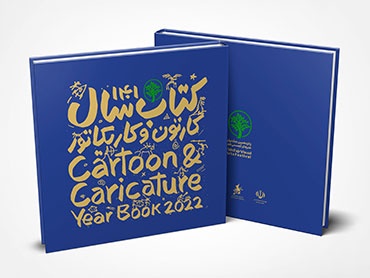
Can AI be an artist?
Artificial intelligence (AI) has demonstrated a surprising ability to generate artistic content in recent years. From creating paintings and music to writing poetry and screenplays, AI systems have blurred the boundaries between human creativity and algorithmic ability. This raises a provocative question: can AI be considered an artist?
For many, art involves intention, emotion, and a human experience that transcends the technical. From this perspective, AI cannot be a true artist, as it lacks consciousness or emotions. However, others argue that art can also be defined by its impact on the viewer, not solely by the intention of its creator. If an AI-generated work provokes feelings, reflection, or admiration, does it not then serve an artistic function?
Examples such as paintings generated by neural networks, musical compositions created by algorithms, and poems written by linguistic models show that AI can produce original, complex, and aesthetically compelling works. Some have even been sold in galleries or exhibited alongside human works, challenging traditional notions of authorship and creativity.
Despite this, an ethical and philosophical debate still rages. Should these creations be considered independent art or simply tools of the true human artists who program them? The answer is not simple, but what is clear is that AI is already changing our conception of art and creative processes.
In conclusion, AI may not be an "artist" in the human sense of the term, but it is certainly already actively participating in 21st-century artistic creation.
Latamarte
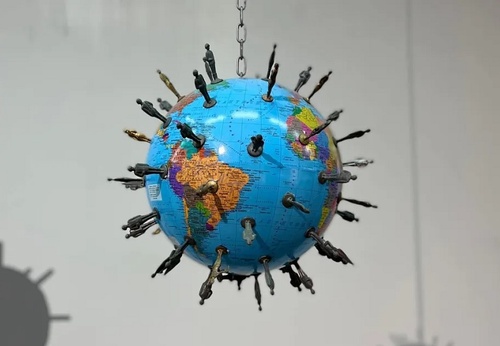
- January 28, 2026
Globalization and New Discourses in Contemporary Latin American Art
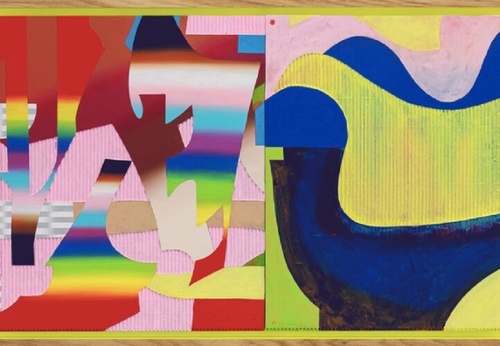
- January 28, 2026
Contemporary Art in Latin America

- January 27, 2026
Aztecs in the Empire City: “The People Without History” in The Met


- January 27, 2026
The Evolution of Art: From Classical to Digital

- January 27, 2026
What are Visual Arts and Why Do They Matter Today?

- January 27, 2026
Selected Illustration Gallery of Venezuelan Artists

- January 27, 2026
Selected Caricature Gallery of Cuban Artists
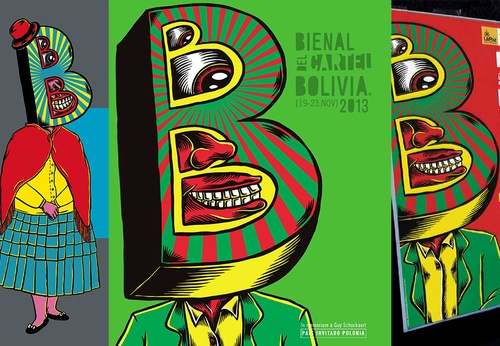
- January 26, 2026
Bolivia Poster Biennial (BICeBé 2013)

- January 28, 2026
Globalization and New Discourses in Con…

- January 28, 2026
Contemporary Art in Latin America

- January 27, 2026
The Evolution of Art: From Classical to…

- January 27, 2026
What are Visual Arts and Why Do They Ma…

- January 26, 2026
First artistic manifestations

- January 26, 2026
Art in the Street: Expression, Identity…

- January 25, 2026
text-to-image generator with ai

- January 25, 2026
The 'uncomfortable' muralist who portra…

- January 24, 2026
Artificial Intelligence as a Tool and C…

- January 24, 2026
Artificial Intelligence in Art

- January 21, 2026
Art of Artificial Intelligence and its …

- January 21, 2026
5 most striking features of modernism

- January 19, 2026
History of painting

- January 19, 2026
Conditions and characteristics of sacre…

- January 08, 2026
The art of caricature in Latin America

- January 07, 2026
Languages, Aesthetics, and Meaning of C…

- January 07, 2026
Street Art as a Form of Social and Cult…

- January 06, 2026
Symbolism and Spirituality in Latin Ame…

- January 06, 2026
Sacred Art in Latin America: Meeting be…

- January 05, 2026
The Importance of Art in Society

- August 29, 2023
The history of Bolivian art

- February 19, 2024
Analysis and meaning of Van Gogh's Star…

- January 28, 2024
Culture and Art in Argentina

- September 25, 2023
What is the importance of art in human …

- September 23, 2023
What is paint?

- August 23, 2023
The 11 types of art and their meanings

- August 10, 2023
14 questions and answers about the art …

- September 23, 2023
Painting characteristics

- August 30, 2023
First artistic manifestations

- January 12, 2024
10 most beautiful statues and sculpture…

- September 23, 2023
History of painting

- March 26, 2024
The importance of technology in art1

- July 13, 2024
The impact of artificial intelligence o…

- March 26, 2024
Cultural identity and its impact on art…

- April 07, 2024
Graffiti in Latin American culture

- April 02, 2024
History visual arts in Brazil

- August 16, 2023
The 15 greatest painters in art history

- April 06, 2024
History of visual arts in Ecuador

- October 18, 2023
History of sculpture

- March 05, 2024
The art of sculpture in Latin America

- February 19, 2024
Analysis and meaning of Van Gogh's Star…

- August 13, 2023
9 Latino painters and their great contr…

- August 23, 2023
The 11 types of art and their meanings

- August 10, 2023
14 questions and answers about the art …

- August 27, 2023
15 main works of Van Gogh

- August 29, 2023
The history of Bolivian art

- January 28, 2024
Culture and Art in Argentina

- November 06, 2023
5 Latin American artists and their works

- September 23, 2023
Painting characteristics

- September 23, 2023
What is paint?

- September 25, 2023
What is the importance of art in human …

- March 26, 2024
Cultural identity and its impact on art…

- August 30, 2023
First artistic manifestations

- December 18, 2023
10 iconic works by Oscar Niemeyer, geni…

- January 20, 2024
What is the relationship between art an…

- January 12, 2024
10 most beautiful statues and sculpture…

- August 24, 2023
The most famous image of Ernesto "Che" …

- October 30, 2023
Characteristics of Contemporary Art

- May 26, 2024
Técnicas de artes visuais

- August 22, 2023

